Summaries of books about Politics & Social Sciences:
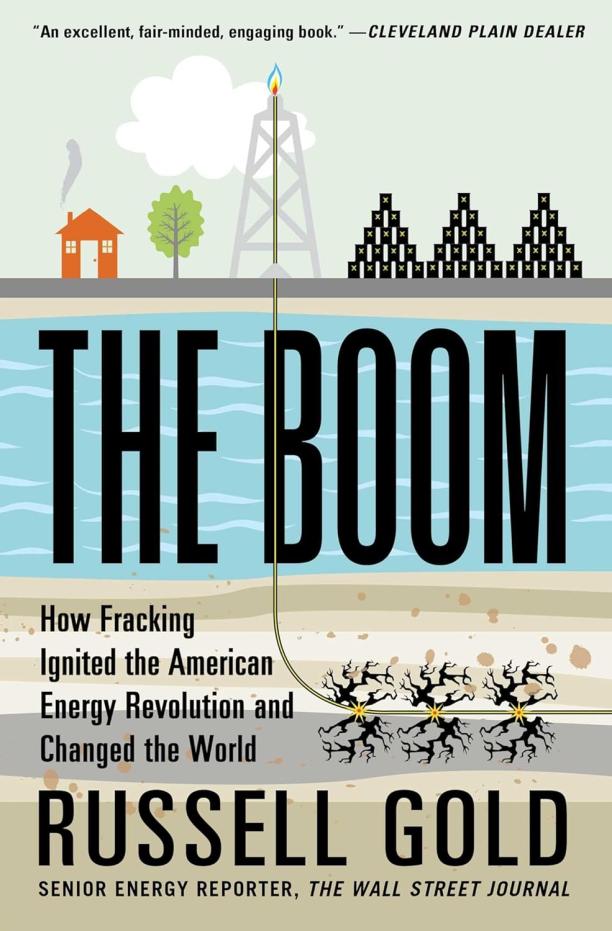
The Boom
How Fracking Ignited the American Energy Revolution and Changed the World
Russell Gold
The book explores the rise of hydraulic fracturing (fracking) in the United States, detailing its technological advancements, economic impacts, and the environmental concerns it raises. It provides a narrative of the energy industry's transformation, profiling key figures and examining how fracking has reshaped global energy politics.
See full summary
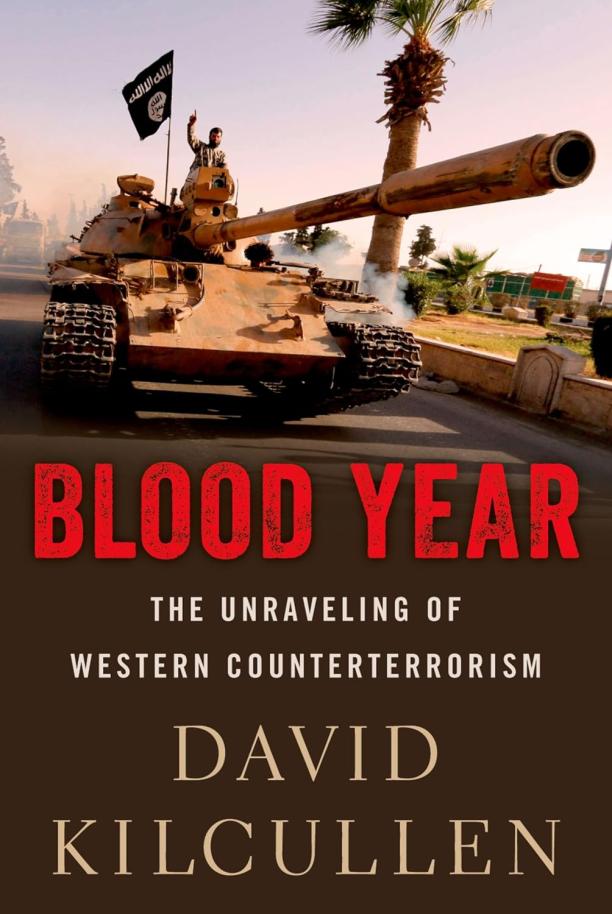
Blood Year
The Unraveling of Western Counterterrorism
David Kilcullen
The book analyzes the strategic failures and consequences of Western counterterrorism efforts, focusing on the tumultuous events of 2014, including the rise of ISIS and the spread of jihadist movements. It critiques military and political approaches to combating terrorism, offering insights into the complexities of modern warfare and the challenges faced by the West in stabilizing conflict-ridden regions.
See full summary

24/7
Late Capitalism and the Ends of Sleep
Jonathan Crary
The book examines the impact of modern capitalist society on individuals' lives, particularly focusing on how constant connectivity and consumerism are eroding the natural cycle of sleep and wakefulness. It critiques the ways in which 24/7 markets and technology disrupt human rest, time, and attention, arguing that sleep is a remaining barrier to capitalism's colonization of individual existence.
See full summary

Excellent Daughters
The Secret Lives of Young Women Who Are Transforming the Arab World
Katherine Zoepf
The book provides an intimate look into the lives of young women in the Middle East, exploring their challenges and the ways in which they navigate societal expectations and modernity. It delves into topics such as education, employment, politics, and sexuality, revealing the complexities of their experiences and the subtle forms of resistance and transformation they employ.
See full summary
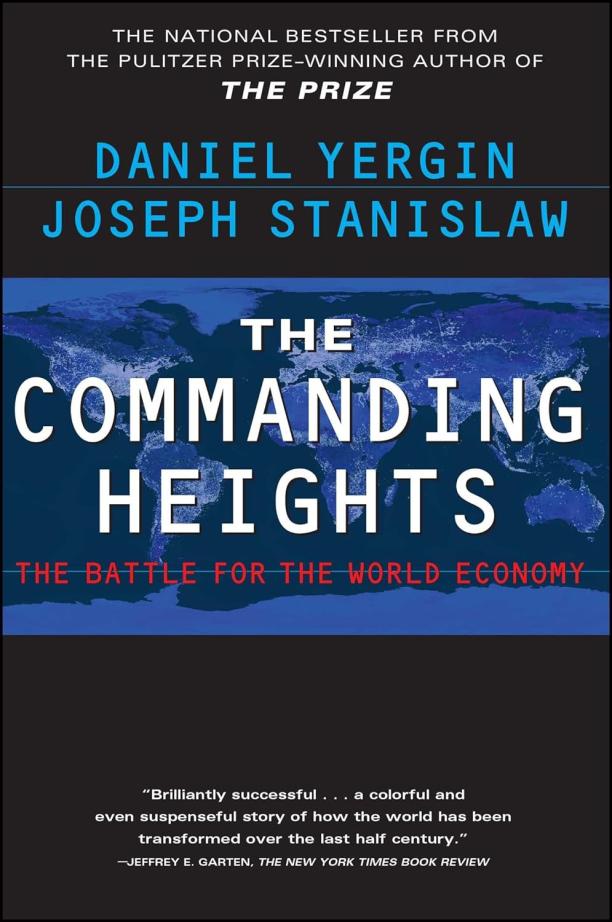
The Commanding Heights
The Battle for the World Economy
Daniel Yergin|Joseph Stanislaw
The book chronicles the shift from state-controlled economies to market-driven ones since the end of World War II, exploring the economic policies, political changes, and key figures that have shaped this transformation globally. It delves into the ideological struggle between government intervention and free markets, detailing the impact of these economic trends on societies and the global economy.
See full summary

Disaster by Choice
How our actions turn natural hazards into catastrophes
Ilan Kelman
The book explores the concept that disasters are not solely caused by natural events but are often the result of human decisions and actions that exacerbate the impact of natural hazards. It delves into case studies and policy analysis to argue that by changing our approach to development, planning, and response, we can prevent natural hazards from turning into human catastrophes.
See full summary
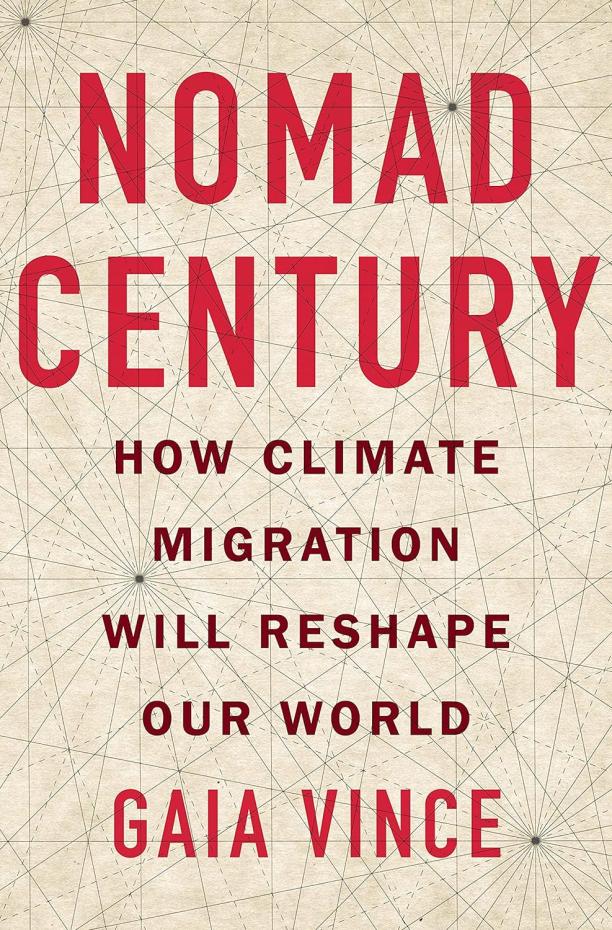
Nomad Century
How Climate Migration Will Reshape Our World
Gaia Vince
The book explores the impending global crisis and transformative potential of mass human migration driven by climate change, examining how societies must adapt to accommodate the influx of people relocating from uninhabitable regions. It discusses the need for international cooperation and innovative governance to manage resources, integrate migrants, and harness the opportunities that such demographic shifts can bring.
See full summary
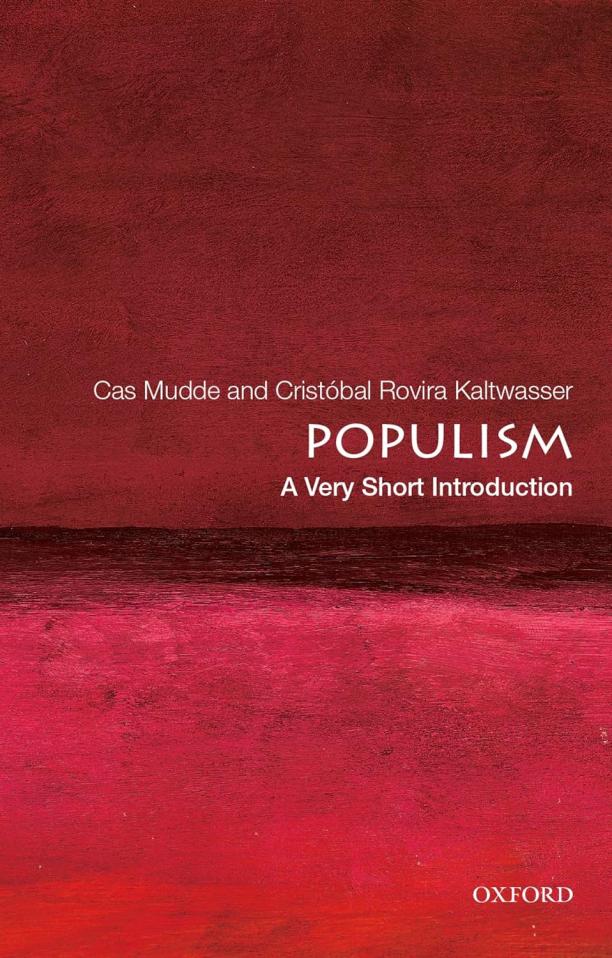
Populism
A Very Short Introduction
Cas Mudde|Cristobal Rovira Kaltwasser
The book provides an overview of the complex phenomenon of populism, discussing its core characteristics, the reasons behind its rise, and its impact on contemporary politics. It examines populism across different political and cultural contexts, exploring both its democratic potentials and its threats to democratic systems.
See full summary
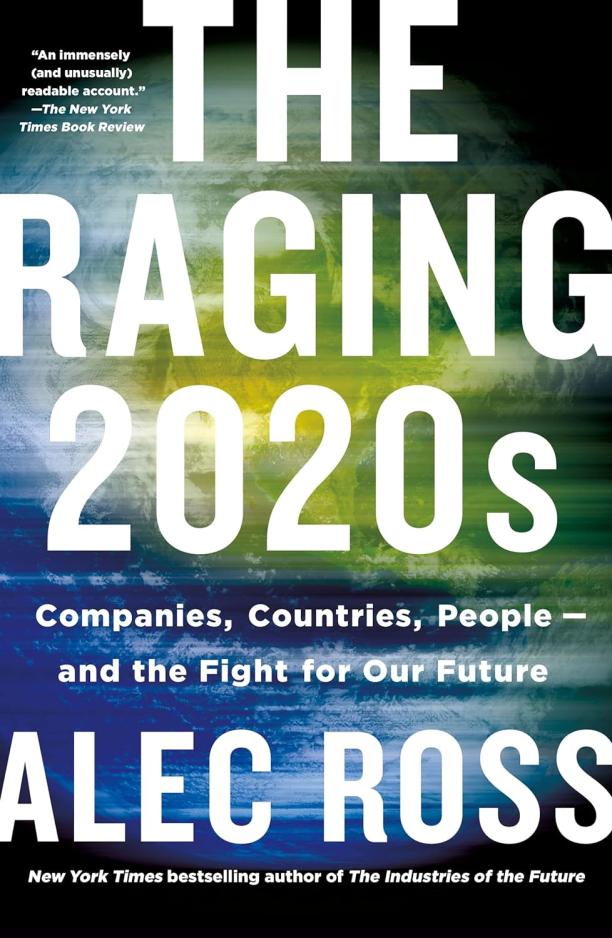
The Raging 2020s
Companies, Countries, People - and the Fight for Our Future
Alec Ross
The book examines the social and economic challenges of the 2020s, exploring the tensions between governments, citizens, and corporations in a rapidly changing world. It discusses the need for systemic reforms to address inequality, technological disruption, and the power imbalances that threaten democratic institutions and global stability.
See full summary
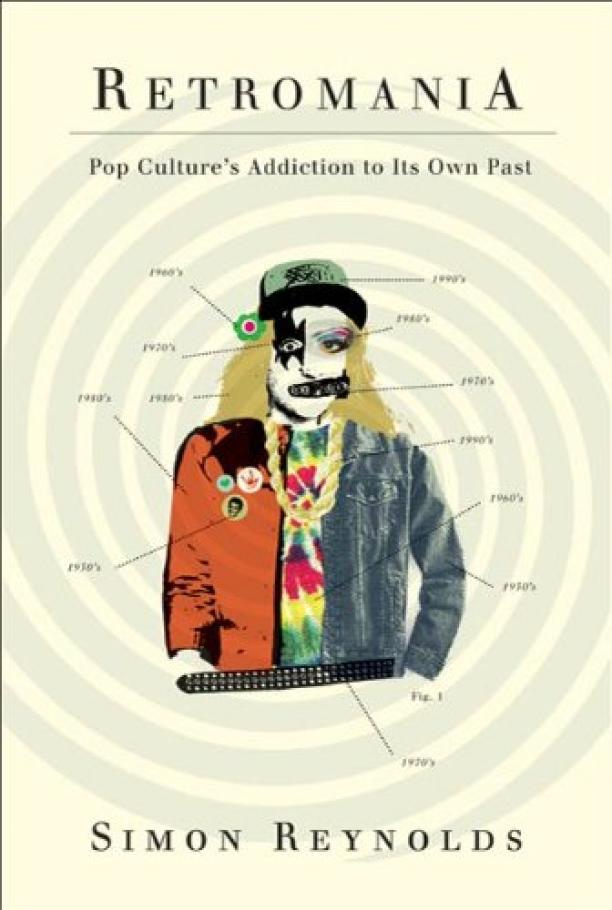
Retromania
Pop Culture's Addiction to Its Own Past
Simon Reynolds
The book explores the cultural phenomenon of society's obsession with nostalgia and the recycling of past trends in music and pop culture. It delves into the implications of this fixation on retro, questioning the impact on innovation and the creation of new art.
See full summary